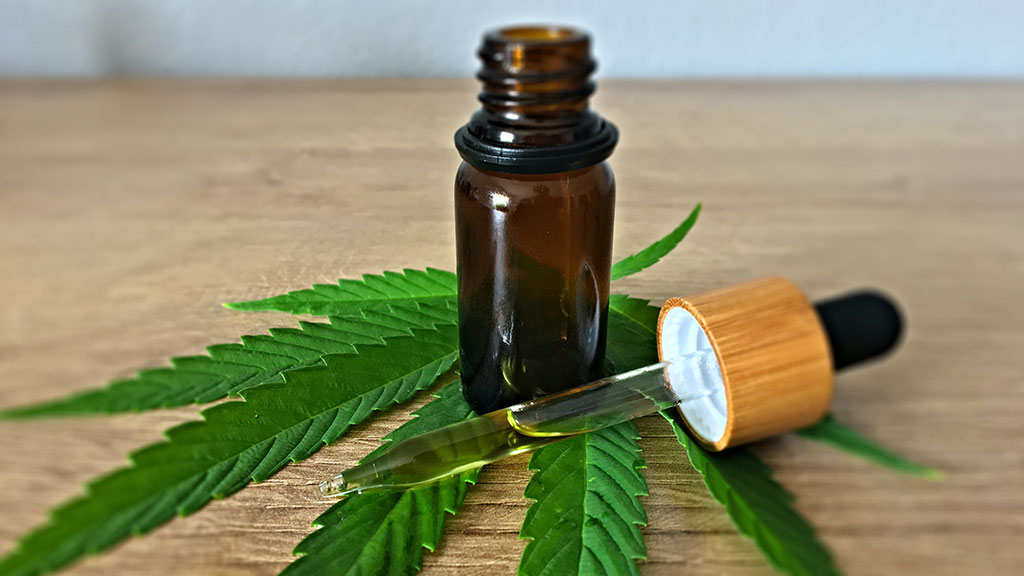With weed pens, smoking is more convenient, discreet, and healthful compared to traditional methods. Users can use these devices to target specific cannabinoids and terpenes for their desired effects. With the acceptance of cannabis as a medicinal drug, vaporisers have become more popular as a delivery method.
Potential health benefits of cannabis vaporization
- Reduced respiratory risks – The significant advantage of vaporizing cannabis over smoking is the reduction in respiratory risks. Vaporization produces fewer harmful substances:
- Fewer carcinogens – Combustion of plant material creates carcinogens, which are primarily avoided through vaporization.
- Decreased tar exposure – Vaping does not produce tar problems.
- Lower carbon monoxide levels – The absence of combustion means users aren’t exposed to dangerous levels of carbon monoxide.
- Improved bioavailability – Vaporization may offer enhanced bioavailability of cannabinoids compared to other consumption methods:
- Efficient absorption – The lungs provide a large surface area for cannabinoid absorption, allowing for rapid onset of effects.
- Temperature control – Precise temperature settings target specific cannabinoids, potentially maximizing therapeutic benefits.
- Consistent dosing – Vaporizers often provide more consistent dosing than smoking, allowing for better management of effects.
This improved bioavailability is particularly beneficial for medical cannabis patients seeking quick relief from symptoms.
- Pain management – Cannabis has long been used for pain relief, and vaporization may enhance its analgesic properties:
- Rapid onset – Inhaled cannabinoids can provide quick pain relief, often within minutes.
- Targeted relief – Users choose strains or concentrate high in specific pain-relieving cannabinoids like THC or CBD.
- Reduced inflammation – Certain cannabinoids and terpenes have anti-inflammatory properties that may reduce pain.
The use of vaporized cannabis is showing promise as a treatment for neuropathic pain and fibromyalgia.
- Sleep improvement – Cannabis has been used as a sleep aid for centuries, and vaporization may offer unique benefits for those struggling with insomnia:
- Customizable effects – Users choose between Indica-dominant strains for sedation or CBD-rich options for relaxation without strong psychoactive effects.
- Reduced sleep latency – The rapid onset of inhaled cannabinoids may help users fall asleep faster.
- Potential REM suppression – THC has been shown to suppress REM sleep, which may benefit those with PTSD-related nightmares.
The effects of cannabis on sleep architecture need further study, even though marijuana enhances sleep for some people.
- Mood regulation – For some individuals, cannabis vaporization may assist in mood regulation:
- Rapid mood enhancement – The quick onset of effects can provide timely mood elevation.
- Terpene effects – Certain terpenes preserved through vaporization may have mood-altering properties.
- Potential antidepressant action – Some studies suggest cannabinoids may have antidepressant-like effects, though more research is needed.
The potential health benefits tied to cannabis vapes are numerous and promising. From pain management and anxiety reduction to sleep improvement and neurological symptom relief, vaporization offers a lung-friendly method of cannabis consumption with rapid onset of effects. It’s crucial to approach cannabis use, even through vaporization, with informed caution. For now, individuals interested in exploring these potential benefits should do so under healthcare professionals’ guidance, ensuring effective use. Vaporization technology will play a key role in unlocking cannabis’ full therapeutic potential as a therapeutic tool.





